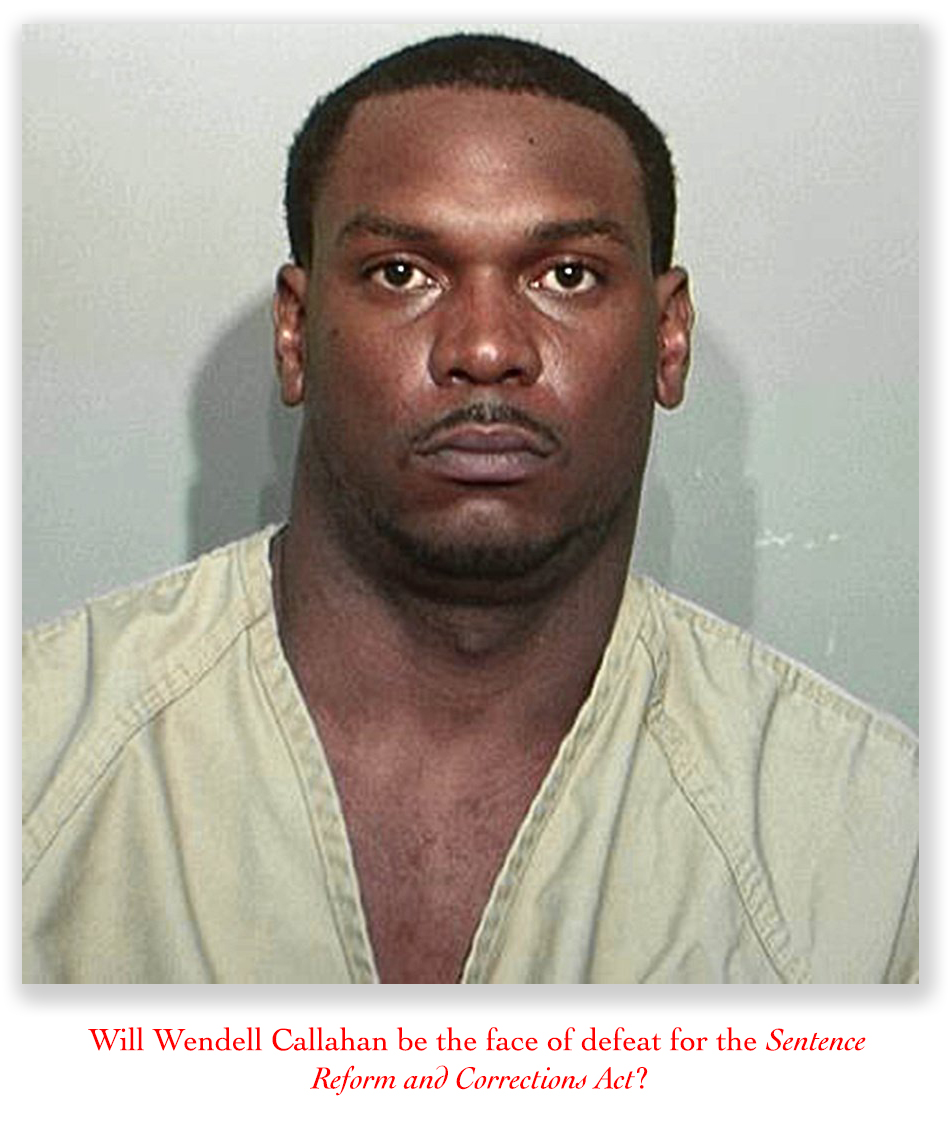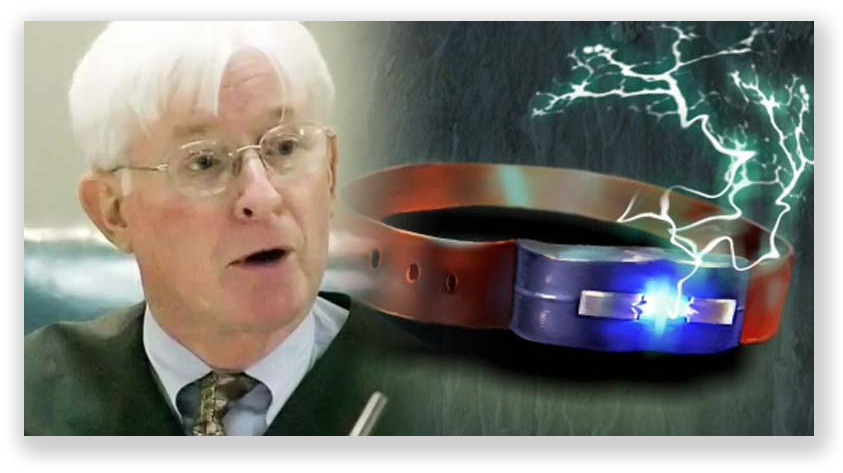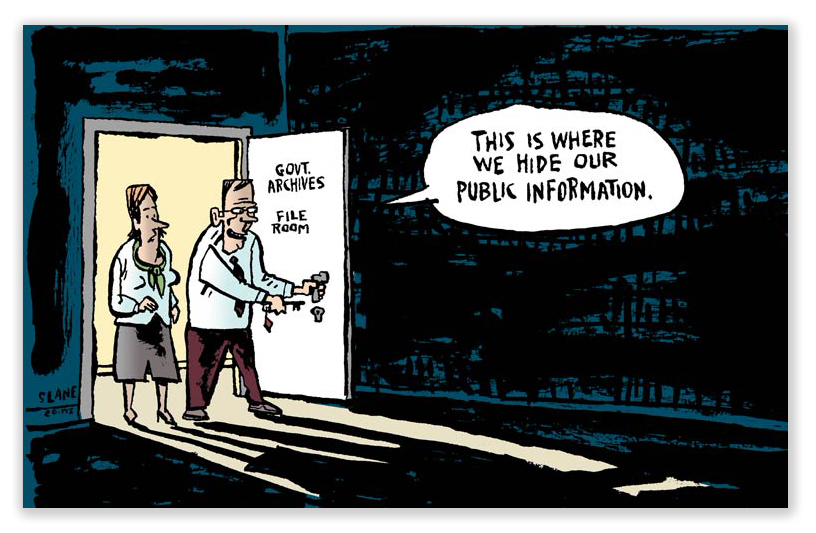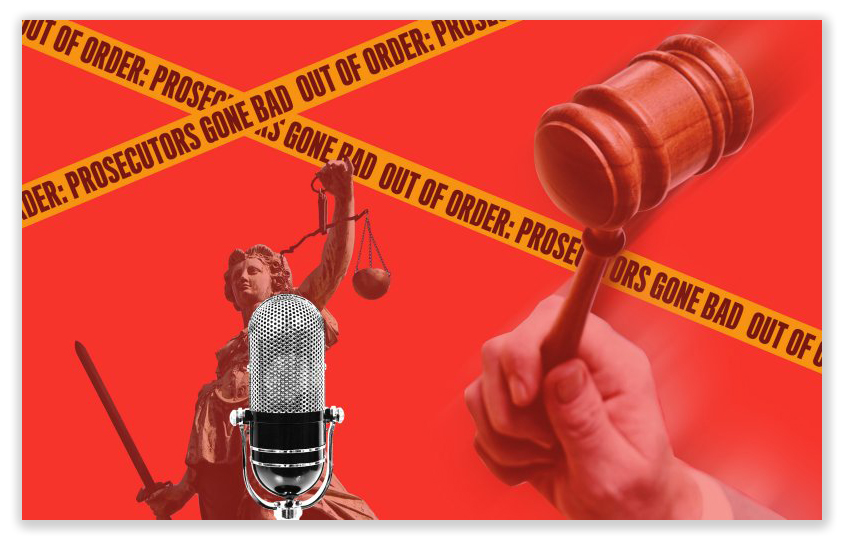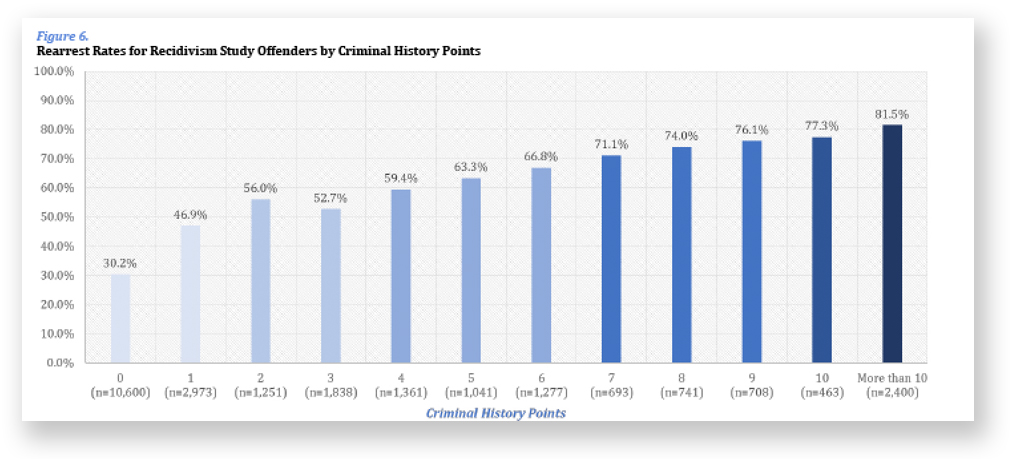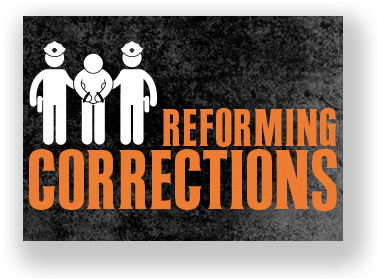Vol. 2, No. 19
This week:
Supreme Court Says Incorrect Guidelines Range Affects “Substantial Rights”
Multidistrict Child Porn Search Warrant Thrown Out
Irritating Self-Representation No Basis for Higher Sentence
Get It in Writing
Let’s Talk About the Weather – or Maybe Sentence Reform
SUPREME COURT SAYS INCORRECT GUIDELINES RANGE AFFECTS “SUBSTANTIAL RIGHTS”
 We’ve had Johnson v. United States on our mind after the Supreme Court’s quick decision in Welch v. United States last week held Johnson to be retroactive. So when Welch was followed by the high court’s 8-0 decision last Wednesday in Molina-Martinez v. United States, we could not help but think that its logic might bolster the arguments of Guidelines “career offenders” seeking to take advantage of Johnson in post-conviction proceedings.
We’ve had Johnson v. United States on our mind after the Supreme Court’s quick decision in Welch v. United States last week held Johnson to be retroactive. So when Welch was followed by the high court’s 8-0 decision last Wednesday in Molina-Martinez v. United States, we could not help but think that its logic might bolster the arguments of Guidelines “career offenders” seeking to take advantage of Johnson in post-conviction proceedings.
Saul Molina-Martinez was sentenced at the bottom of his 77-96 month range. At the time, no one realized that his Presentence Report mistakenly put him in a higher criminal history category than his record justified. Only after Saul’s attorney told him that he had no good appeal issues did the defendant himself find the error and bring it to his lawyer’s attention.
When an issue is not first raised in the district court, it is almost always reviewed in the Court of Appeals under the F.R.Crim.P. 52(b) “plain error” standard. It’s a hard standard to meet. The error has to be obvious and must affect the defendant’s “substantial rights.” Saul’s problem was that his 77-month sentence fell right in the middle of the 70-87 month sentencing range he would have had applied to his case if the error had not been made. The 5th Circuit held that because Molina-Martinez’s sentence fell inside the correct, lower range, the error did not affect his substantial rights, because he could not show his sentence would have been lower but for the mistake.
 The Supreme Court rejected this “categorical” requirement that a defendant must present “additional evidence” indicating that he would have received a different sentence had the right range been used. The Supreme Court’s opinion leaned heavily on its 2012 ruling in Peugh v. United States (which established that despite the advisory nature of the Guidelines, they still have to pass constitutional muster). Citing Peugh, last week’s decision stressed that the “Guidelines’ central role in sentencing means that an error related to the Guidelines can be particularly serious.” This necessarily means that in “most cases a defendant who has shown that the district court mistakenly deemed applicable an incorrect, higher Guidelines range has demonstrated a reasonable probability of a different outcome” if the proper guideline range had been used.
The Supreme Court rejected this “categorical” requirement that a defendant must present “additional evidence” indicating that he would have received a different sentence had the right range been used. The Supreme Court’s opinion leaned heavily on its 2012 ruling in Peugh v. United States (which established that despite the advisory nature of the Guidelines, they still have to pass constitutional muster). Citing Peugh, last week’s decision stressed that the “Guidelines’ central role in sentencing means that an error related to the Guidelines can be particularly serious.” This necessarily means that in “most cases a defendant who has shown that the district court mistakenly deemed applicable an incorrect, higher Guidelines range has demonstrated a reasonable probability of a different outcome” if the proper guideline range had been used.
The Court’s logic – as well as its strong reliance on Peugh – may provide a tailwind to defendants arguing that use of an unconstitutionally vague “residual clause” in labeling a defendant a Guidelines “career offender” is as much a denial of due process as is wrongly using the same “residual clause” to sentence him under the Armed Career Criminal Act.
Molina-Martinez v. United States, Case No. 14–8913 (Apr. 20, 2016)
MULTIDISTRICT CHILD PORN SEARCH WARRANT THROWN OUT
 A Massachusetts federal judge ruled Wednesday that a search warrant for a wide-ranging Internet search issued by a federal magistrate judge in Virginia was invalid. The child pornography the government claimed was on the defendant’s computer was ordered suppressed, making continuing prosecution of this case unlikely.
A Massachusetts federal judge ruled Wednesday that a search warrant for a wide-ranging Internet search issued by a federal magistrate judge in Virginia was invalid. The child pornography the government claimed was on the defendant’s computer was ordered suppressed, making continuing prosecution of this case unlikely.
The search warrant, issued under F.R.Crim.P. 41 in early 2015, allowed federal agents to use a “network investigative technique” (NIT), which is a piece of software typically used to penetrate the digital security of the Tor network. (Tor is a system used to hide the digital identify of users). That NIT “malware” led authorities to the defendant’s computer.
Earlier this year, the defendant challenged the government’s judicial authorization to deploy the NIT. He argued the warrant “allowed government agents to conduct a borderless dragnet search with no geographic limitation … Rule 41 simply does not permit a magistrate judge in Virginia to authorize the search of the defendant’s computer located in Massachusetts.”
The district court held that current law restricts the power of magistrate judges to grant search warrants for locations outside of the court’s district. The Federal Rules of Criminal Procedure and precedent do not restrict the power of district judges to do so, however. The judge noted that “unlike magistrates, the jurisdiction of district courts is usually defined by subject matter and parties rather than strictly by geography.”
 For the past several years, DOJ has sought to expand magistrate judges’ ability to sign off on the deployment of NITs. The change would give federal authorities an expanded ability to conduct “remote access” under a warrant against a target computer whose location is unknown or outside of a given judicial district. Civil liberties groups and tech companies like Google strongly oppose the change, arguing it would vastly expand the government’s authority to hack into networks in search of criminal suspects.
For the past several years, DOJ has sought to expand magistrate judges’ ability to sign off on the deployment of NITs. The change would give federal authorities an expanded ability to conduct “remote access” under a warrant against a target computer whose location is unknown or outside of a given judicial district. Civil liberties groups and tech companies like Google strongly oppose the change, arguing it would vastly expand the government’s authority to hack into networks in search of criminal suspects.
The Supreme Court is expected to decide whether to approve a change to Rule 41 by May 1. Congress will then have seven months to accept, reject or modify a change. If lawmakers take no action, the rule would take effect in December.
Reuters, Justice Department: Child porn case shows need for new data search rules (Apr. 21, 2016)
Ars technica, Judge invalidates warrant that let Feds hack Tor-using child porn suspect (Apr. 20, 2016)
 IRRITATING SELF-REPRESENTATION NO BASIS FOR HIGHER SENTENCE
IRRITATING SELF-REPRESENTATION NO BASIS FOR HIGHER SENTENCE
Generally, adopting a trial strategy of acting like a jerk is a bad idea. Last week, however, the 7th Circuit said it was no basis for an increased sentence.
Ken Lewis figured he knew more than his lawyers. He probably figured he knew more than the judge, too. So in his trial for wire fraud and money laundering, he represented himself, despite warnings that it was a bad idea. He of course was convicted, but only after – as the Court of Appeals drily put it – he “was an irritant during the trial process.”
 The district court did not take kindly to Ken’s trial shenanigans. It sentenced him to 151 months for wire fraud, and then stacked an additional 120 months on for the money laundering. The court based the draconian sentence on Ken’s misconduct during the trial.
The district court did not take kindly to Ken’s trial shenanigans. It sentenced him to 151 months for wire fraud, and then stacked an additional 120 months on for the money laundering. The court based the draconian sentence on Ken’s misconduct during the trial.
On appeal, Ken continued his self-representation, but the Court of Appeals wisely appointed an attorney to write an amicus brief on his behalf. Ken did his cause no good, but the Court overlooked that, focusing instead on the amicus arguments. They were pretty good, too – the amicus lawyer forced the Government to admit that the money laundering conviction should be thrown out. The Court agreed, saying “the record is devoid of evidence that Lewis laundered money.”
The amicus attorney also argued that the district court could not punish Ken at sentencing for his foolish trial conduct. The Court agreed, saying that “Lewis’ litigation tactics cannot serve as a basis for his sentence. The record demonstrates that Lewis was an irritant during the trial process.” But it “would not be appropriate or permissible” to lengthen his sentence because of such vexatiousness, particularly given his pro se status. The district court’s frustration, however understandable, cannot permeate sentencing.”
United States v. Lewis, Case No. 14-2442 (7th Cir. Apr. 20, 2016)

GET IT IN WRITING
In the world of medicine, it’s often said that careful recordkeeping is essential: “If you didn’t write it down, it didn’t happen,” as the adage goes. How true.
 Bob McNeese was a pharmacist who let himself be pressured into dispensing oxycodone to people who resold the pills on the street. He turned himself in, and worked out a plea deal in which he agreed to plead guilty to a conspiracy charge. His plea agreement noted that he had cooperated with authorities and had admitted to distributing at least 15,850 oxycodone pills, which the agreement mentioned “converts to” 2999.925 kilograms of marijuana. Pursuant to F.R.Crim.P. 11(c)(1)(C), McNeese and the government agreed to a fixed sentence of 63 months. The agreement mentioned that the sentence “takes into account the cooperation and assistance provided to law enforcement in this investigation,” but nowhere mentioned the Sentencing Guidelines or any range of punishment on which the 63 months was based.
Bob McNeese was a pharmacist who let himself be pressured into dispensing oxycodone to people who resold the pills on the street. He turned himself in, and worked out a plea deal in which he agreed to plead guilty to a conspiracy charge. His plea agreement noted that he had cooperated with authorities and had admitted to distributing at least 15,850 oxycodone pills, which the agreement mentioned “converts to” 2999.925 kilograms of marijuana. Pursuant to F.R.Crim.P. 11(c)(1)(C), McNeese and the government agreed to a fixed sentence of 63 months. The agreement mentioned that the sentence “takes into account the cooperation and assistance provided to law enforcement in this investigation,” but nowhere mentioned the Sentencing Guidelines or any range of punishment on which the 63 months was based.
The Presentence Report calculated Bob’s sentencing range to be 87-108 months. At sentencing, the government explained that Bob had assisted law enforcement and that an additional “three level reduction was included into this overall agreement” to account for that. That would have landed the 63-month sentence squarely within a 63-78 month range. The court observed that Bob had “gotten the benefit of what in effect is a downward departure motion” and imposed the 63-month sentence.
When the Sentencing Commission adopted Amendment 782, Bob applied for his 2-level reduction. The District Court said he was not eligible, because he had a Rule 11(c)(1)(C) agreed-upon sentence. Last week, the 6th Circuit agreed.
Bob argued that his case was like Freeman v. United States, in which the Supreme Court said that a Rule 11(c)(1)(C) sentence could be reduced under 18 U.S.C. § 3582(c)(2). But there, the plea agreement expressly said the agreed-upon sentence had been based on the Guidelines, and it provided the defendant’s criminal history and offense levels so that anyone reviewing it could confirm the calculation.
 The 6th Circuit said that Bob’s argument “would require this court to make assumptions about what the parties might have known while negotiating and speculate about what might have motivated them when they put pen to paper… It is true that the prosecutor’s remarks at the sentencing hearing—together with the presentence report prepared by the probation officer—make clear that by the end of the sentencing hearing, McNeese, the government, and the district court all understood that the agreed-upon sentence did in fact derive from a Guidelines sentencing range. But nothing in the Freeman [decision] suggests that the parties’ knowledge, unexpressed or later expressed, should make any difference so long as a “sentencing range is [not] evident from the agreement itself.”
The 6th Circuit said that Bob’s argument “would require this court to make assumptions about what the parties might have known while negotiating and speculate about what might have motivated them when they put pen to paper… It is true that the prosecutor’s remarks at the sentencing hearing—together with the presentence report prepared by the probation officer—make clear that by the end of the sentencing hearing, McNeese, the government, and the district court all understood that the agreed-upon sentence did in fact derive from a Guidelines sentencing range. But nothing in the Freeman [decision] suggests that the parties’ knowledge, unexpressed or later expressed, should make any difference so long as a “sentencing range is [not] evident from the agreement itself.”
United States v. McNeese, Case No. 15-5548 (6th Cir. Apr. 18, 2016)

LET’S TALK ABOUT THE WEATHER – OR MAYBE SENTENCE REFORM
 The Sentencing Reform and Corrections Act of 2015 is turning out to be a lot like the weather – everyone’s talking about but nobody’s doing anything. The two bills – S. 2123 in the Senate and H.R. 3713 in the House – remain stalled. The Senate bill still has 28 cosponsors. The House measure picked up a Pennsylvania Democrat last week, and now has 65.
The Sentencing Reform and Corrections Act of 2015 is turning out to be a lot like the weather – everyone’s talking about but nobody’s doing anything. The two bills – S. 2123 in the Senate and H.R. 3713 in the House – remain stalled. The Senate bill still has 28 cosponsors. The House measure picked up a Pennsylvania Democrat last week, and now has 65.
An optimistic note was sounded a week ago in an opinion piece in The Hill, a Capitol Hill newspaper. The ACLU official who wrote it said “reformers from across the political spectrum … are still focusing their efforts in the states, to ensure that voices of support are amplified virtually everywhere, and that lawmakers leading the effort are being encouraged supported by their constituents … The signs are promising.”

Observers without a dog in the fight see it differently. Politico, a news website covering Congress, warned last week that “time is running out to reboot efforts to reform the nation’s criminal justice laws…”
The chief Republican backers, led by Judiciary Committee Chairman Chuck Grassley (Iowa) and Majority Whip John Cornyn (Texas) have lobbied GOP senators for weeks to prove to Majority Leader Mitch McConnell (R-Kentucky) that they can gin up sweeping support for the bill and move the legislation quickly on the Senate floor.
As we reported last week, since concerns about the bill were made public, the authors have revised several provisions in the legislation. A section that reduced mandatory minimum sentences for those convicted under the Armed Career Criminal Act has been eliminated, and the bill now denies retroactivity to anyone who has been convicted of any “serious violent felony,” whatever that might be.
Those changes may be winning over some new Republicans. “We’re taking a real close look at it this week,” said Sen. Ron Johnson (R-Wisconsin), who is locked in one of the most competitive races of the year. “I’m very sympathetic with the bill.”
Backers are targeting Republican senators up for reelection this year. “We have a lot of progress made and people saying that we’ve gone in the right direction. But we’re not getting answers from some people,” Grassley said in a brief interview Wednesday. “Like for instance, one senator says, ‘I’ll let you know Monday.’ He hasn’t let us know.”
Sentence reform sponsors have hinted at a formal rollout of the bill for a floor vote for weeks, but the delay continues to buy more time to build support. Supporters admit they must prove to McConnell that they have 60 votes for the measure before the majority leader will schedule a floor vote on a bill that will divide Republican senators.
Meanwhile, legislative time is running short, and other issues are competing for what’s left of it. The Senate is preparing to restart its lengthy appropriations process. After the Republican National Convention in July, the chamber will be pretty much on recess until after the November election.
On criminal justice reform, the House has H.R. 3713, a parallel bill. The House Judiciary Committee has thus far passed eight separate measures – including H.R. 3713 – on issues such as sentencing and prison reform. House Speaker Paul Ryan (R-Wisconsin) has said he plans to bring those bills to the floor this year. The two chambers will have to resolve differences on the issue of mens rea — laws governing criminal intent. The Senate bill doesn’t include mens rea reform because of Democrat opposition, yet House Republicans have demanded that it be part of an overall criminal-justice package.
 Finally, a pair of economists last week argued in the New York Times that the law of diminishing marginal benefits “applies to incarcerating additional people or adding years to sentences. Research finds that more incarceration has, at best, only a small effect on crime because our incarceration rate is already so high. As the prison population gets larger, the additional prisoner is more likely to be a less risky, nonviolent offender, and the value of incarcerating him (or, less likely, her) is low.”
Finally, a pair of economists last week argued in the New York Times that the law of diminishing marginal benefits “applies to incarcerating additional people or adding years to sentences. Research finds that more incarceration has, at best, only a small effect on crime because our incarceration rate is already so high. As the prison population gets larger, the additional prisoner is more likely to be a less risky, nonviolent offender, and the value of incarcerating him (or, less likely, her) is low.”
“The same general principle applies to the length of prison sentences, which in many cases have gotten longer as a result of sentence enhancements, repeat-offender laws, “three strikes” laws and “truth-in-sentencing” laws,” they wrote. “Longer sentences do not appear to have a deterrent effect … Other studies have found that sentencing enhancements have only modest effects on crime. They are unlikely to meaningfully affect the overall crime rate or generate meaningful gains in public safety. Moreover, in many cases the analysis suggests that adding prisoners or years to sentences can be harmful. A growing body of research shows that incarceration and longer sentences could increase recidivism. Individuals may build criminal ties while incarcerated, lose their labor-market skills and confront substantial obstacles to re-entry after release. A new study finds that each additional year of incarceration increases the likelihood of re-offending by four to seven percentage points after release.”
Legal Information Services Associates provides research and drafting services to lawyers and inmates. With over 20 years experience in post-conviction motions and sentence modification strategy, we provide services on everything from direct appeals to habeas corpus to sentence reduction motions to halfway house and home confinement placement. If we can help you, we’ll tell you that. If what you want to do is futile, we’ll tell you that, too.
If you have a question, contact us using our handy contact page. We don’t charge for initial consultation.
Would you like a copy of this newsletter in PDF format? Click here.









